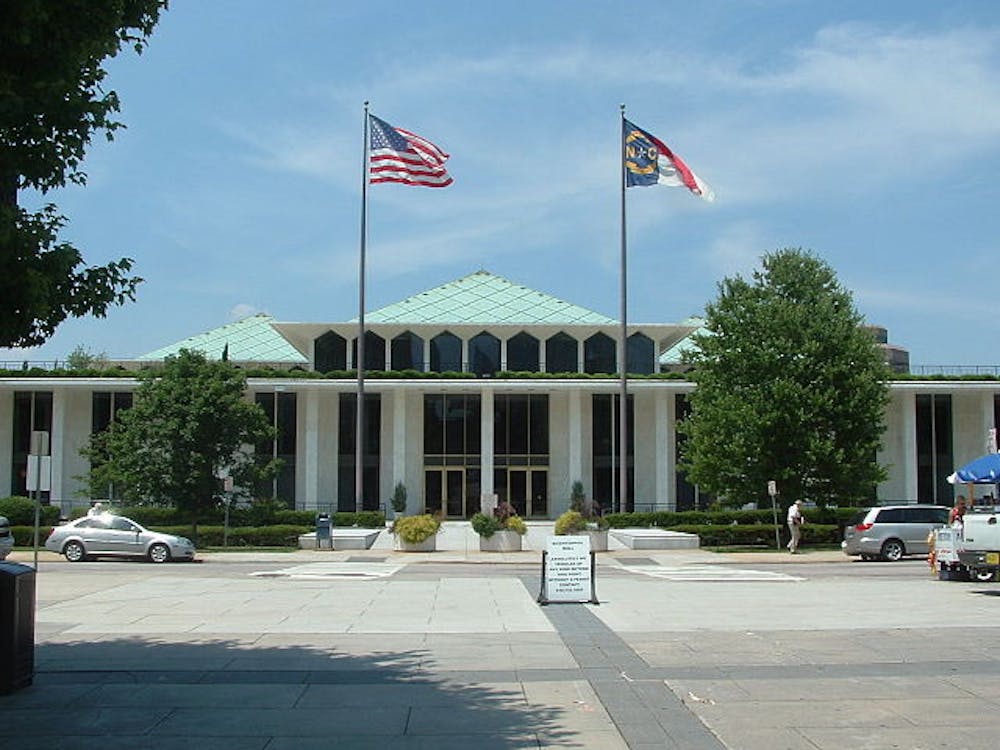Phil Berger, the president pro tempore of the North Carolina Senate, announced on Sept. 20 that the General Assembly will not take action on the issue of taxing student loan forgiveness.
With his announcement, Berger rejected Gov. Roy Cooper’s Sept. 14 request to waive state income taxes on forgiven student loans.
“The student loan forgiveness, one, is a federal policy that does not have supporting federal law from everything I can see,” he told The News & Observer. “Two, if we’re going to make that change in our tax policy, in our tax laws, for that kind of debt forgiveness, it’d be totally unfair to folks who have had credit card compromises, where those are taxable, and mortgage compromises, where those are taxable. I think it’s something that we, in my opinion, do not need to address in that way.”
While debt forgiven under President Joseph Biden’s student loan forgiveness plan is exempt from federal tax, the North Carolina Department of Revenue clarified that it would still be taxable under the state income tax in August.
North Carolina is one of three states, including Indiana and Mississippi, that has clarified that it plans to tax student loan forgiveness. As of early September, Arkansas, California, Minnesota and Wisconsin are still debating whether to tax this forgiveness.
Get The Chronicle straight to your inbox
Signup for our weekly newsletter. Cancel at any time.

Audrey Wang is a Trinity senior and data editor of The Chronicle's 120th volume. She was previously editor-in-chief for Volume 119.

